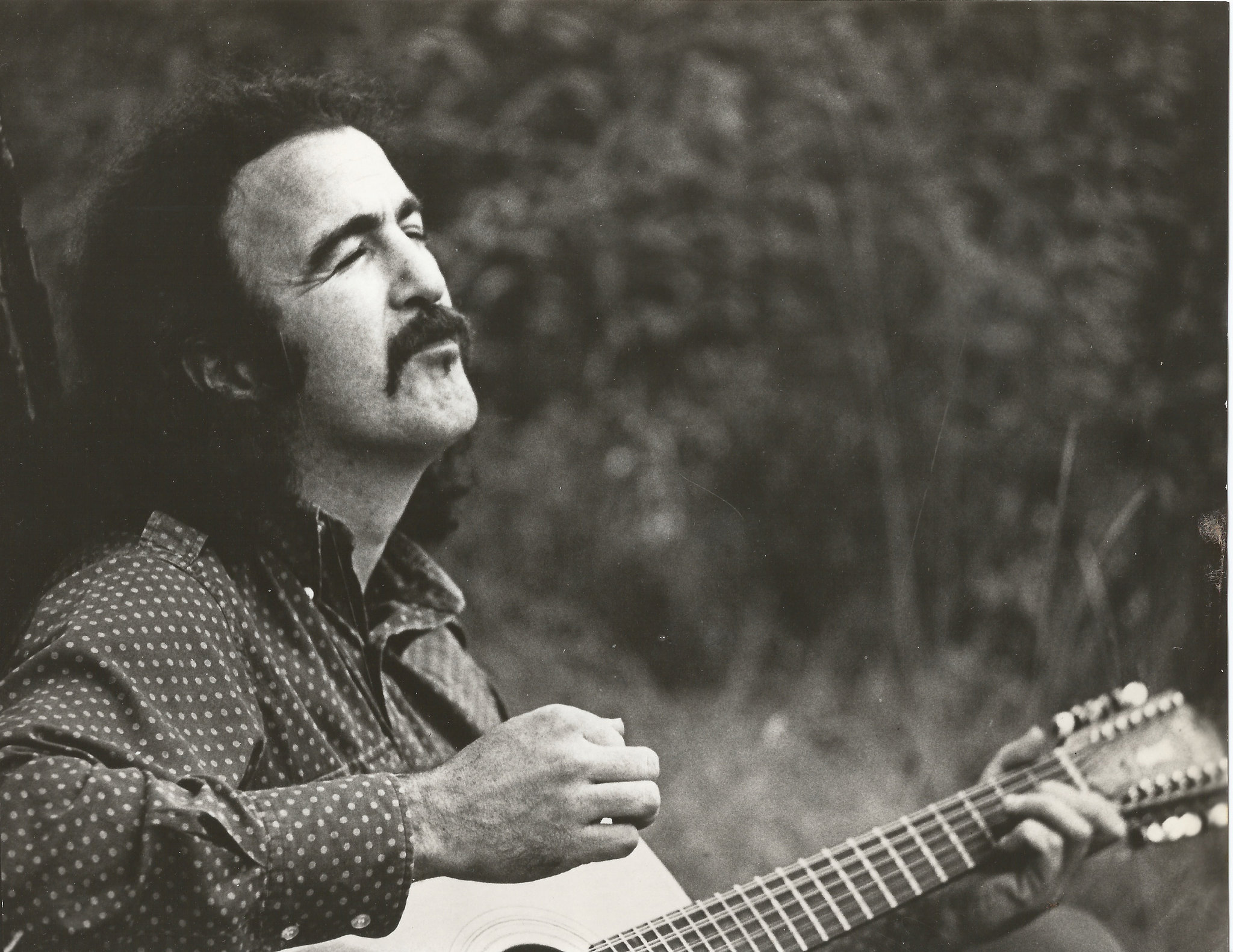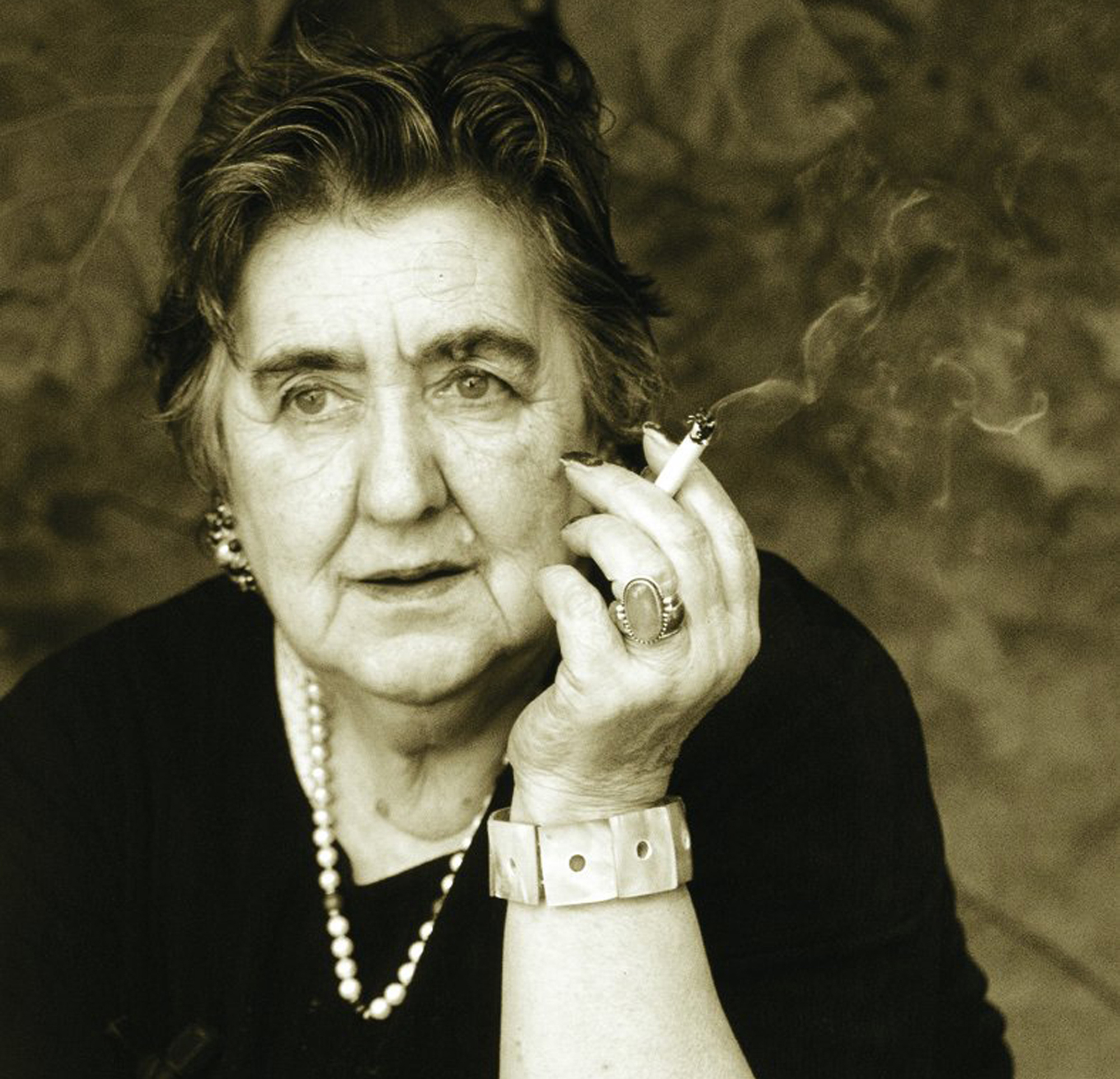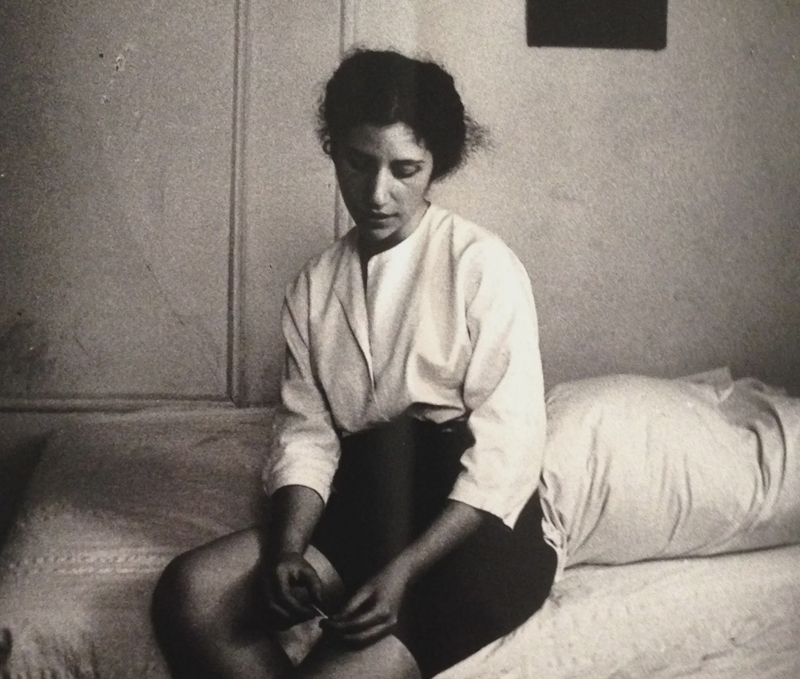Is it offensive to say that the character of a story is “fat”?
- The writer Roald Dahl has renewed several works for children in education: adjectives such as “fat” and “ugly” have disappeared, and he has even added some words to point out that it is nothing wrong to wear wig.

The character of Augustus Gloop, Charlie and the chocolate factory (original title: Charlie and the Chocolate Factory) and later translated into film, will no longer be “fat”, reading that it is “very big”. Although the Welsh writer Roald Dahl used this first meaning in 1964, the editions that will be published from 2023 will have different adjectives and descriptions to “avoid offensive language” and “take into account various sensitivities”, according to the editorial Puffin and Roald Dahl Story Company.
Meanwhile, Charlie and Ooma Loompa, who present themselves in the chocolate factory, will be “small people” and not “small men”. In the story of James and the Giant Peach, non-gender distinction will also apply: “cloud men” become “cloud people.” Another well-known figure is Mrs. Trunchbull de Matilda, and in the light of the film you can easily describe it with words like big, zamba and rude, while in the book you will say something like “the lady of wonder” in the new editions. That is, it departs from the term “woman” so as not to relate it to the biological category. Matilda, moreover, has no more as Dahl’s own account of reading the Jungle Book by Rudyard Kipling or The Jungle Book, accused of racism for his novel written in 1894. Instead, the book of Jane Austen Sense and Sensibility will be published in the mesilla.
For example, these two examples. Mrs. Twist de Ergelak (The Twists) will be no more a “bad” than a “terrible”, and in Sorginak or The Witches a phrase is added to justify in some way that witches carry wig: “There may be many reasons behind women taking the wig, but there is nothing wrong with it.”
“Words matter”
According to media reports The Telegraph and The Guardian, editorial Puffin has published and justified by notes the adaptations made. “Words matter,” he stressed, “Roald Dahl can enjoy beautiful words and stories just as well.”
They point out that since the editorial they have not done “anything special” beyond the usual reviews, because they always try to adapt to “the time” “keeping the spirit of the creator’s own text”.
Ereserkiek, kanta-modalitate zehatz, eder eta arriskutsu horiek, komunitate bati zuzentzea izan ohi dute helburu. “Ene aberri eta sasoiko lagunok”, hasten da Sarrionandiaren poema ezaguna. Ereserki bat da, jakina: horra nori zuzentzen zaion tonu solemnean, handitxo... [+]
Adolfo Bioy Casares (1914-1999) idazle argentinarrak 1940an idatzitako La invención de Morel (Morelen asmakizuna) eleberria mugarritzat jotzen da gaztelaniaz idatzitako literatura fantastikoaren esparruan. Nobela motza bezain sakona da, aparta bere bakantasunean, batez... [+]
Ekain honetan hamar urte bete ditu Pasazaite argitaletxeak. Nazioarteko literatura euskarara ekartzen espezializatu den proiektuak urteurren hori baliatu du ateak itxiko dituela iragartzeko.
Aste honetan aurkeztu da Joseph Brodskyk idatzitako Ur marka. Veneziari buruzko saiakera. Rikardo Arregi Diaz de Herediak itzuli eta Katakrak argitaletxeak publikatu du poeta errusiar atzerriratuari euskarara itzuli zaion lehen liburua.
"There were women, there they were, I met them, but their families locked them in the mental hospital, put them in electroshock. In the 1950s, if you were a man, you could be a rebel, but if you were a woman, your family would lock you in. There were some cases, and I met them... [+]
Gauza garrantzitsua gertatu da astelehen honetan literatura euskaraz irakurtzea atsegin dutenentzat: W. G. Sebalden Austerlitz argitaratu du Igela argitaletxeak. Idoia Santamariak egindako itzulpenari esker, idazle alemaniarraren obrarik ezagunena nobedadeen artean aurkituko du... [+]
Asteazken honetan aurkeztuko dituzte Erein eta Igela argitaletxeek Literatura Unibertsala bildumako hiru lan berriak, tartean Maryse Condéren Bihotza negar eta irri (ene haurtzaroko istorio egiazkoak). Joxe Mari Berasategik euskaratua, idazle guadalupearraren obra... [+]






















